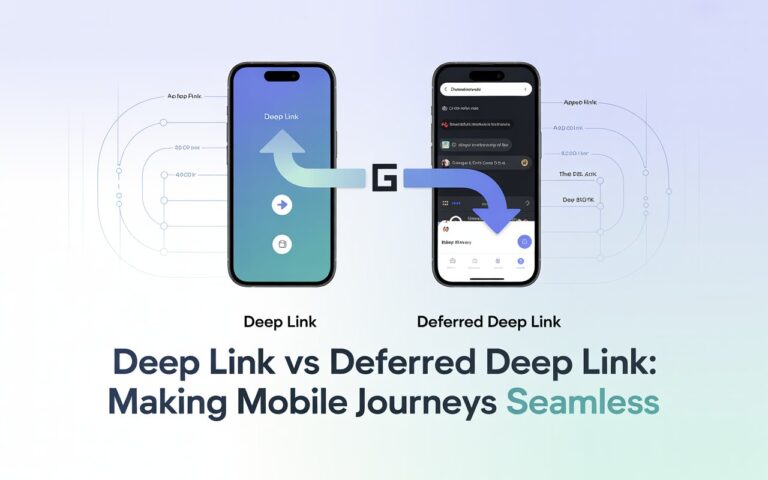Understanding IPTV Services: A Modern Revolution in Television Broadcasting
In today’s digital age, the way people consume content has evolved significantly. Traditional broadcasting models like cable and satellite TV are increasingly being replaced by more flexible, internet-based options. One of the most prominent of these is IPTV, or Internet Protocol Television. IPTV has transformed the viewing experience by offering content on-demand, live TV, and a host of interactive features—all delivered over an internet connection.
This article explores what IPTV is, how it works, its advantages and challenges, the types of IPTV services, legal considerations, and what to look for when choosing an IPTV provider.
What is IPTV?
IPTV stands for Internet Protocol Television, a system where television services are delivered using the internet protocol suite over a packet-switched network such as the internet, rather than traditional terrestrial, satellite, or cable television formats.
Unlike downloaded media, IPTV offers the ability to stream the source media continuously. This allows a viewer to begin playing the content almost immediately. IPTV is not limited to television content—it can include live streams, recorded shows, and even interactive services.
How Does IPTV Work?
IPTV works by transmitting TV programs and videos through an internet connection. Here’s a simplified breakdown of the process:
Content Acquisition: The IPTV provider acquires content from broadcasters or produces it in-house.
Content Processing: The content is then encoded and compressed to be suitable for internet transmission.
Content Delivery: This content is distributed via a server to end-users through the internet using a set-top box (STB), smart TV, mobile device, or computer.
Playback: Users can watch the content using IPTV software or apps, often with additional interactive features like pause, rewind, and record.
The quality and performance depend heavily on the internet speed and bandwidth available to the user.
Types of IPTV Services
There are several types of IPTV services, each catering to different viewing preferences:
Live Television
This replicates the traditional broadcast experience, where users can watch programs in real-time as they are aired. It is commonly used for sports, news, and live events.
Video on Demand (VoD)
VoD services allow users to choose and watch video content whenever they like. Platforms like Netflix and Amazon Prime use this model.
Time-Shifted TV
This feature allows users to watch previously aired television programs. It includes services like catch-up TV, where shows are available for a limited time after broadcast.
Benefits of IPTV
IPTV offers numerous advantages over traditional broadcasting methods:
Content Flexibility
Users are no longer restricted by broadcast schedules. With IPTV, viewers can watch what they want, when they want.
Interactivity
IPTV platforms often come with interactive features, such as electronic program guides (EPGs), recommendations, and social media integration.
Multi-Device Accessibility
Viewers can access IPTV content on multiple devices, including TVs, smartphones, tablets, and computers.
Cost Efficiency
Many IPTV services are more affordable than cable or satellite TV packages, especially when combined with the internet services users already pay for.
High Quality
With a stable internet connection, IPTV can deliver high-definition and even 4K quality content.
Challenges and Limitations
Despite its benefits, IPTV is not without its challenges:
Internet Dependency
IPTV relies on a stable, high-speed internet connection. Poor connectivity can result in buffering, lag, or loss of service.
Service Legitimacy
The IPTV market includes both legal and illegal providers. Users must be cautious about choosing services that do not violate copyright laws.
Security Concerns
Pirated IPTV services may pose significant cybersecurity risks, including malware, data theft, or privacy breaches.
Content Restrictions
Depending on licensing agreements, some IPTV services may have limited content offerings in certain regions.
Legal Aspects of IPTV
The legality of IPTV largely depends on the source of the content and the service provider’s licensing agreements. Legal IPTV services, such as Hulu Live, YouTube TV, or Sling TV, have proper licensing arrangements with broadcasters and adhere to copyright regulations.
However, many illegal IPTV services offer access to premium content at a fraction of the cost or even for free. These operate without appropriate licensing and can be subject to government crackdowns, service shutdowns, and legal consequences for users.
Consumers should always verify whether an IPTV provider is legitimate. A good rule of thumb is: if it seems too good to be true (like 1000+ channels for a few dollars), it probably is illegal.
How to Choose the Right IPTV Provider
When selecting an IPTV service, consider the following factors:
Content Availability
Check whether the provider offers the channels, shows, and genres you’re interested in. Look for packages that include international or regional content if needed.
Device Compatibility
Ensure the service supports the devices you intend to use—Smart TVs, Android/iOS devices, or dedicated IPTV boxes.
Service Quality
Research the provider’s streaming quality, including resolution and buffering issues. User reviews can offer insights into the reliability of the service.
Customer Support
A responsive and helpful customer service team is crucial, especially when technical issues arise.
Trial Periods
Some providers offer free trials. Use this to evaluate the quality and usability before committing to a subscription.
Future of IPTV
IPTV is set to play a significant role in the future of home entertainment. With the rise of 5G, faster internet speeds, and cloud-based technologies, IPTV services will become even more reliable and feature-rich. Personalized content, artificial intelligence, and virtual reality integration may also enhance the IPTV experience.
Moreover, as traditional broadcast television continues to decline, IPTV will likely become the dominant form of content delivery for homes worldwide.
Conclusion
IPTV has revolutionized how we watch television, offering flexibility, variety, and affordability that traditional cable and satellite cannot match. However, with great convenience comes the need for caution. Choosing a legal and reputable IPTV provider is crucial to enjoying a seamless and secure entertainment experience.
As technology continues to advance, IPTV will undoubtedly evolve, offering even more immersive and customized viewing experiences. Whether you’re a casual viewer or a media enthusiast, IPTV is a compelling choice for the modern age of television.
